Hospital & Clinic Locations
Glenwood is located 20 minutes South of Alexandria, one hour from St. Cloud, and halfway between Fargo, ND and the cities of St. Paul and Minneapolis.
Additional safety measures and sanitizing protocols are in place to ensure our facilities remain the cleanest and safest places to be when viruses such as COVID and influenza are circulating in our communities. While within the facility, all patients and their caregivers/guardians are asked to wear a mask and notify a receptionist IF they have symptoms of COVID or influenza or have had a positive COVID test within the last 10 days, or have been in close contact with someone with COVID in the last 10 days. Please do not visit hospital patients if any of the three circumstances pertain to you. Masks are available at reception if needed.

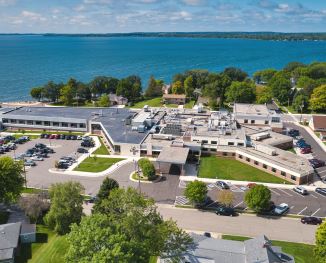
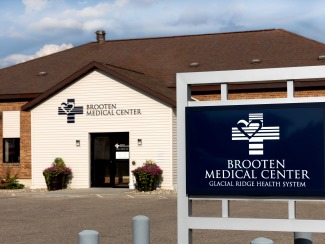 Brooten Medical Center
Brooten Medical Center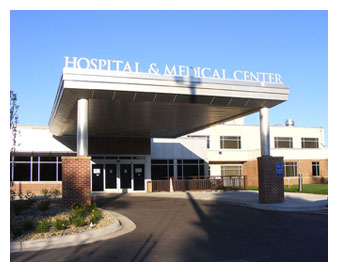 Glenwood Medical Center
Glenwood Medical Center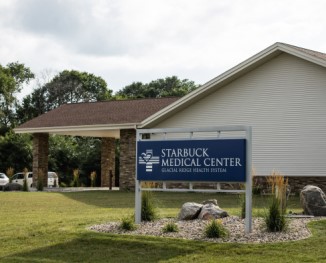
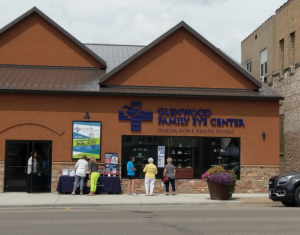 Glenwood Family Eye Center
Glenwood Family Eye Center